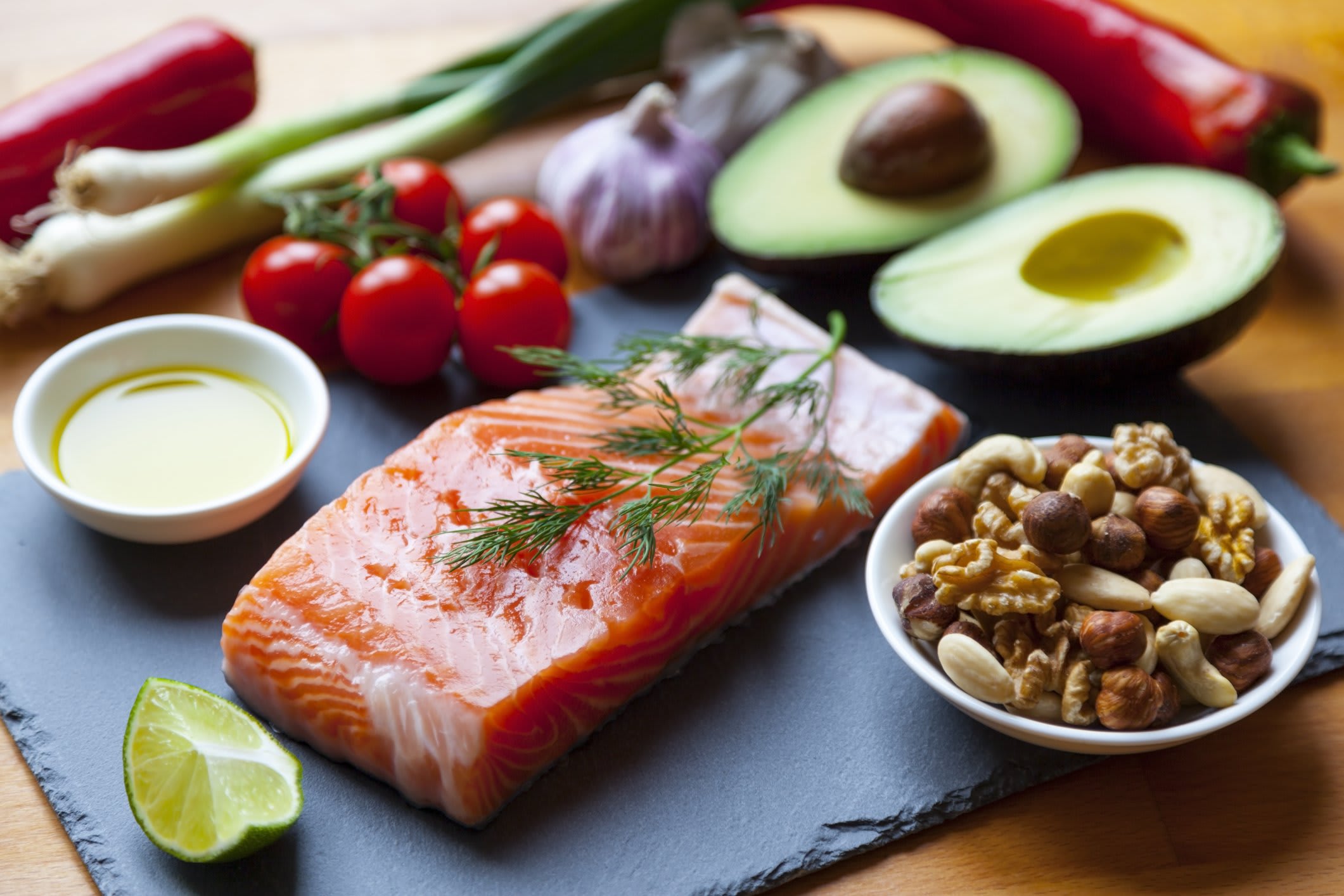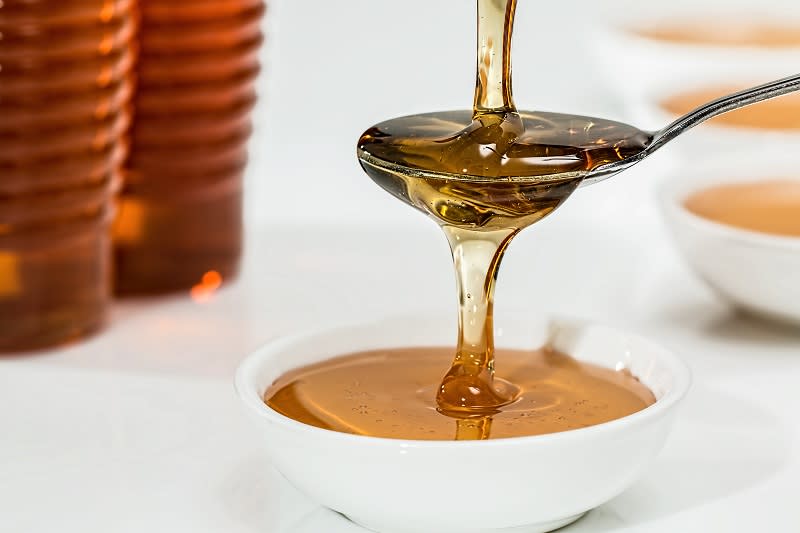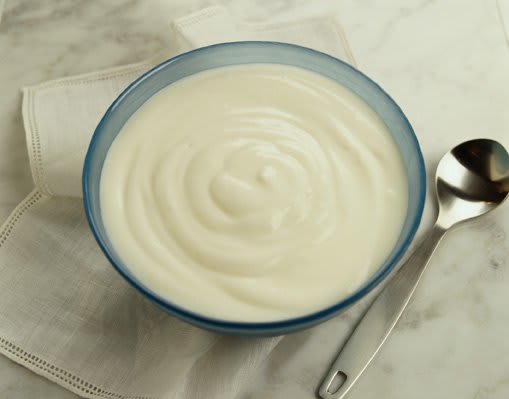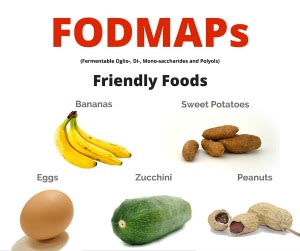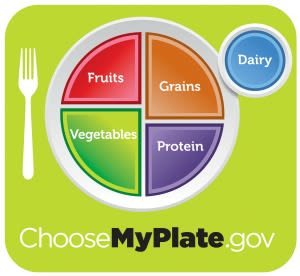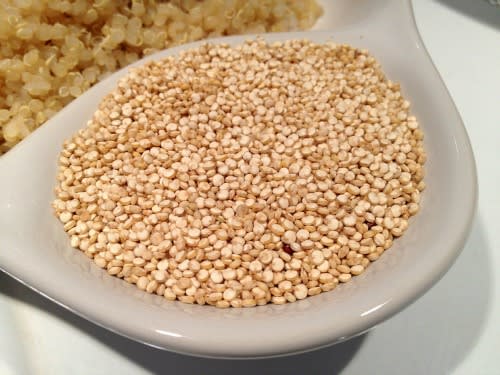Should I Try A Cortisol Diet?
Published: November 04, 2025l
If you’ve logged onto social media lately, you’ve likely encountered cocktails, meal plans, and supplements targeting your “cortisol belly.” But do they actually rid you of excess belly fat caused by cortisol? And how concerned should we be about our levels anyway?
As a Stamford Health registered dietitian, my goal is to help patients meet their nutrition goals so that they can lead a healthy lifestyle. I provide individual nutrition counseling for a variety of conditions, including weight management.
Cortisol isn’t a bad thing, but too much can be detrimental. Some primary care providers can check your cortisol levels, but because levels rise and dip, it would require multiple readings throughout the day.
For an easier way to know if your body is making too much cortisol, pay attention to physical symptoms such as belly fat. Studies show that chronically high cortisol can mobilize triglycerides from other fat stores and relocate them to the deep abdominal, or visceral, fat cells – causing belly fat. Too much belly fat can increase your risk for a variety of health conditions including cardiovascular disease, sleep apnea, and liver disease.
If you’re also constantly raiding your candy stash or munching on salty chips, your cortisol levels may be too high. Sustained high cortisol levels can cause cells to become less sensitive to insulin. This leads to higher blood sugar and further promotes fat storage leading to conditions like insulin resistance.
The truth is that the best ways to manage cortisol are, of course, easier said than done. Reducing stress with meditation, movement, and breaks outside will help. Also a good night’s sleep will regulate your cortisol levels.
Some popular cortisol-lowering supplements include L-theanine, ashwagandha, and magnesium. These can indirectly decrease cortisol by quieting the mind and helping your body relax. But, it’s best to proceed with caution because they are not FDA-approved and could cause liver levels to rise. As with any supplement, always check with your doctor first.
As a Stamford Health registered dietitian, my goal is to help patients meet their nutrition goals so that they can lead a healthy lifestyle. I provide individual nutrition counseling for a variety of conditions, including weight management.
What is cortisol?
Cortisol, a steroid hormone produced in your body, has many functions in the human body, such as mediating the stress response, regulating metabolism, the inflammatory response, and immune function. It helps wake you up as part of your circadian rhythm and increases your alertness and energy in the fight-or-flight response. Dubbed the “stress hormone,” cortisol does play a role in nutrition as it regulates your energy by selecting either carbohydrates, fat, or protein based on what your body demands.Cortisol isn’t a bad thing, but too much can be detrimental. Some primary care providers can check your cortisol levels, but because levels rise and dip, it would require multiple readings throughout the day.
For an easier way to know if your body is making too much cortisol, pay attention to physical symptoms such as belly fat. Studies show that chronically high cortisol can mobilize triglycerides from other fat stores and relocate them to the deep abdominal, or visceral, fat cells – causing belly fat. Too much belly fat can increase your risk for a variety of health conditions including cardiovascular disease, sleep apnea, and liver disease.
If you’re also constantly raiding your candy stash or munching on salty chips, your cortisol levels may be too high. Sustained high cortisol levels can cause cells to become less sensitive to insulin. This leads to higher blood sugar and further promotes fat storage leading to conditions like insulin resistance.
How can you manage your cortisol levels?
Can supplements or specific foods help at lowering too-high cortisol levels? Studies show that certain supplements such as resveratrol, green and oolong teas, and curcumin help lower cortisol levels. Also there is a strong correlation between lowering cortisol levels and abdominal fat distribution with a Mediterranean diet rich in plant-based foods. You can follow a Mediterranean-style diet by filling half of your plate for lunch and dinner with vegetables, and the remaining half of your plate with whole grains, legumes, fish (three times per week), little dairy, and meat, with olive oil being the predominant fat source and whole fruit and nuts as snacks. Limit your intake of processed foods, red meats, and alcohol.The truth is that the best ways to manage cortisol are, of course, easier said than done. Reducing stress with meditation, movement, and breaks outside will help. Also a good night’s sleep will regulate your cortisol levels.
Some popular cortisol-lowering supplements include L-theanine, ashwagandha, and magnesium. These can indirectly decrease cortisol by quieting the mind and helping your body relax. But, it’s best to proceed with caution because they are not FDA-approved and could cause liver levels to rise. As with any supplement, always check with your doctor first.
Featured Expert/ Author













